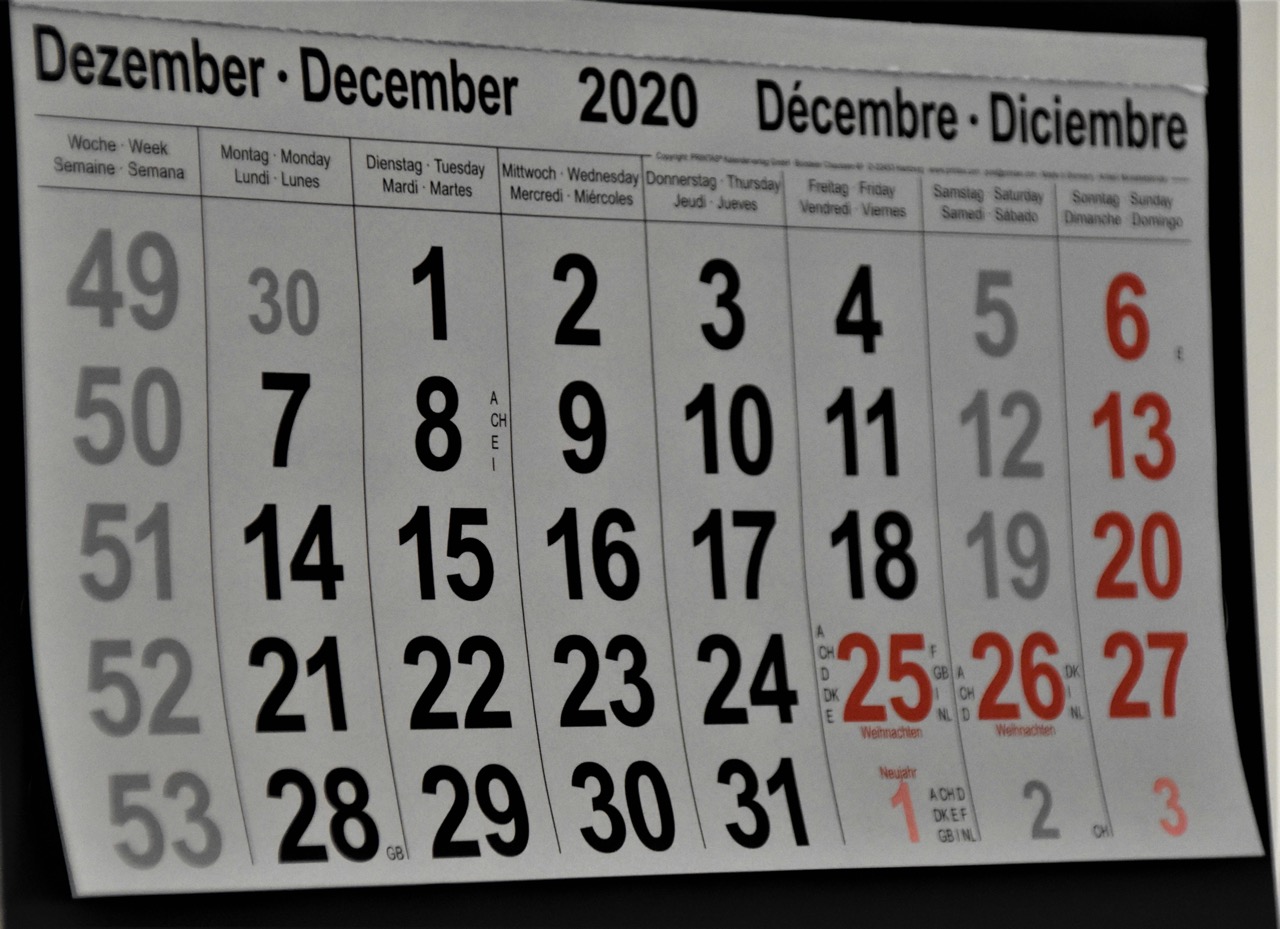In a world overflowing with information, the relationship between literacy and critical thinking has never been more crucial. As readers and lifelong learners, we often find ourselves navigating through a sea of texts, ideas, and narratives. But how does our ability to read and understand fundamentally shape our capacity to think critically? This article explores this fascinating interplay, helping us appreciate not just the words on a page, but the deeper thinking they inspire.
Understanding Literacy: The Foundation of Critical Thought
Literacy goes beyond the ability to read and write; it encompasses comprehension, interpretation, and the ability to engage with text in meaningful ways. When we read, we’re not merely decoding words; we’re constructing meaning, drawing connections, and sometimes unearthing new ideas that challenge our existing beliefs. This foundational skill of literacy is essential for fostering an inquisitive mindset. It serves as the bedrock upon which critical thinking is built.
At its core, critical thinking involves analyzing information, making connections, and evaluating evidence. Without strong literacy skills, engaging in this analytical process becomes exceedingly difficult. When we struggle to grasp the nuances of a text, we miss out on the opportunity to question, reflect, and respond thoughtfully. Thus, literacy is not just about reading; it’s about engaging with the world around us in an informed, critical manner.
Moreover, as we cultivate our literacy skills, we develop a richer vocabulary and a greater understanding of language structures. This, in turn, enhances our ability to articulate thoughts and arguments. A well-read individual can navigate complex ideas and engage in discussions that require critical evaluation, leading to a more informed society. The interplay between literacy and critical thinking is a dance that encourages both personal growth and deeper social engagement.
How Reading Enhances Analytical Skills and Comprehension
Engaging with diverse texts can significantly sharpen our analytical skills. When we read fiction, for example, we step into the shoes of different characters, experiencing their emotions and motivations. This practice encourages empathy and a deeper understanding of human behavior, which are vital components of critical thinking. By analyzing characters’ choices and the consequences of their actions, we learn to evaluate situations from multiple perspectives.
Non-fiction texts, on the other hand, present us with real-world issues and arguments that require us to assess evidence and make informed judgments. As we digest facts, statistics, and differing viewpoints, we become adept at identifying biases, questioning assumptions, and forming reasoned conclusions. This analytical approach is essential for making informed decisions in our daily lives, whether we’re assessing news articles or engaging in conversations about societal challenges.
Moreover, reading promotes comprehension by training our brains to recognize patterns and themes. As we encounter various writing styles, we learn to decipher complex arguments and synthesize information from multiple sources. This skill is invaluable in today’s information-saturated environment, where the ability to discern credible sources and evaluate their relevance is paramount. In essence, regular reading not only enhances our comprehension but also fortifies our critical thinking arsenal.
The Role of Diverse Genres in Developing Critical Thinking
Exploring various genres can immensely enrich our critical thinking abilities. Each genre offers unique perspectives and formats that challenge us in different ways. For instance, poetry often distills complex emotions into a compact form, urging us to think deeply about language and meaning. This encourages us to look beyond the surface and consider the underlying themes and implications, fostering a habit of reflective thinking.
Conversely, reading mysteries or thrillers invites us to engage in problem-solving. As readers, we find ourselves piecing together clues and predicting outcomes. This active engagement sharpens our analytical skills, as we must evaluate evidence and consider multiple possibilities. Such genre-specific exercises not only make reading enjoyable but also serve as practical training for our minds.
In addition, delving into non-fiction across various subjects—history, science, philosophy—expands our understanding of the world. These texts challenge us to confront new ideas and perspectives that may differ from our own. This exposure encourages open-mindedness and critical evaluation of our beliefs. By embracing diverse genres, we cultivate a more robust, adaptable critical thinking framework that serves us well throughout our lives.
Practical Tips to Foster Literacy and Critical Thinking Skills
To enhance both literacy and critical thinking, make a habit of reading broadly. Choose books from different genres, cultures, and time periods. This diversity in reading material not only keeps your interest piqued but also exposes you to various viewpoints and writing styles. Consider setting a reading goal, such as one book from each genre every month, to challenge yourself and expand your horizons.
Engage actively with what you read. Take notes, highlight passages, and jot down your thoughts as you progress through a text. This practice helps solidify your understanding and encourages deeper reflection. After finishing a book, take the time to discuss it with friends or in a book club. Sharing insights and debating interpretations can greatly enhance your analytical skills and expose you to perspectives you may not have considered.
Lastly, don’t shy away from writing. Whether it’s journaling your thoughts on what you’ve read or crafting essays and reviews, writing compels you to organize your thoughts and articulate them clearly. This process reinforces your understanding of the material and hones your ability to think critically about it. By combining reading, discussing, and writing, you create a holistic approach to developing both literacy and critical thinking.
The journey of reading is not just about the books we consume, but the critical thinking skills we cultivate along the way. By understanding the intricate relationship between literacy and critical thought, we empower ourselves to engage more deeply with the world around us. So, as you turn the pages of your next read, remember that each word is an invitation to think, reflect, and grow. Happy reading!










